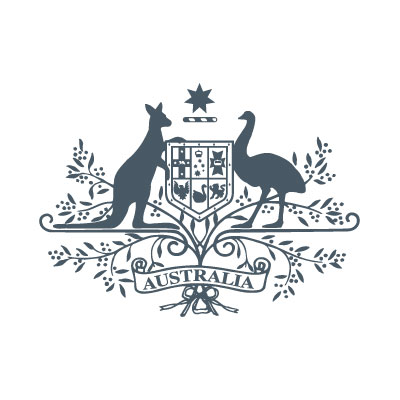
IPEF Supply Chains Agreement – more resilient supply chains for uncertain times
On 27 May, Trade Minister Don Farrell joined Ministers from the 13 other Indo-Pacific Economic Framework (IPEF) countries in Detroit, Michigan, to welcome the substantial conclusion of a first-of-its-kind agreement to better address modern supply chain challenges.
The new IPEF Supply Chains Agreement will establish a world-first Crisis Response Network to facilitate faster collective responses to critical shortages and supply chain disruptions. This will help ensure Australia’s access to critical goods and reduce market instability. It will also support our businesses and consumers to adapt and be resilient during a crisis.
In addition, an IPEF Supply Chains Council will start work on action plans to address vulnerabilities and chokepoints. This will provide a lasting platform to mobilise investment and boost value-adding opportunities for Australian industry in areas such as critical minerals and clean energy technologies, strengthening our economic resilience.
Through the IPEF Supply Chains Agreement, IPEF countries will develop a shared understanding of global supply chain risks and undertake evidence-based and data-driven identification of critical sectors and key goods. As part of this work, Australia – led by the Minister for Industry and Science, the Hon Ed Husic MP, and the Office of Supply Chain Resilience – and the Republic of Korea will establish a joint initiative to boost the capacity of other IPEF partners to identify, monitor and manage critical supply chain vulnerabilities. An upcoming IPEF Supply Chain Monitoring Symposium will be a natural next step to advance this work.
The IPEF Supply Chains Agreement represents a significant step forward in the promotion of high standards of labour rights in the Indo-Pacific, with the establishment of an IPEF Labor Rights Advisory Board to support greater transparency of labour practices in the region’s supply chains.
Australia also welcomes the IPEF hydrogen initiative launched today, which will support the widespread deployment of renewable and low-carbon hydrogen and its derivatives.
The substantial conclusion of negotiations on the IPEF Supply Chains Agreement represents another concrete step towards greater economic cooperation in the Indo-Pacific region. IPEF partners will work intensively in the coming months to sign, ratify and implement the Supply Chains Agreement. IPEF partners will also captitalise on the positive momentum to work towards further IPEF agreements covering trade, clean economy and the clean energy transition, and fair economy issues such as anti-corruption.
These IPEF achievements follow the Australian Government’s 2023-24 budget commitment to advance Australia’s trade and investment diversification agenda by investing $25 million in capacity building and technical assistance across all streams of the IPEF work agenda.
The agreed IPEF media statements from the Detroit meetings can be found at IPEF Statement Pillar II Supply Chains Substantial Conclusion.


